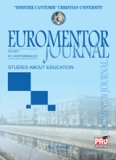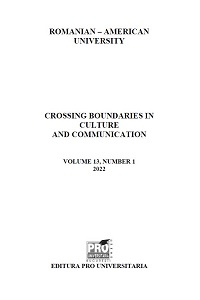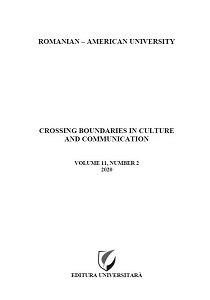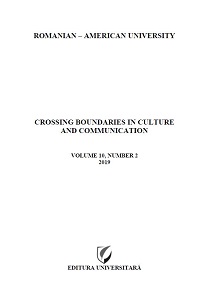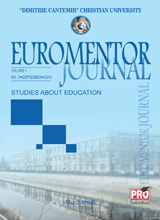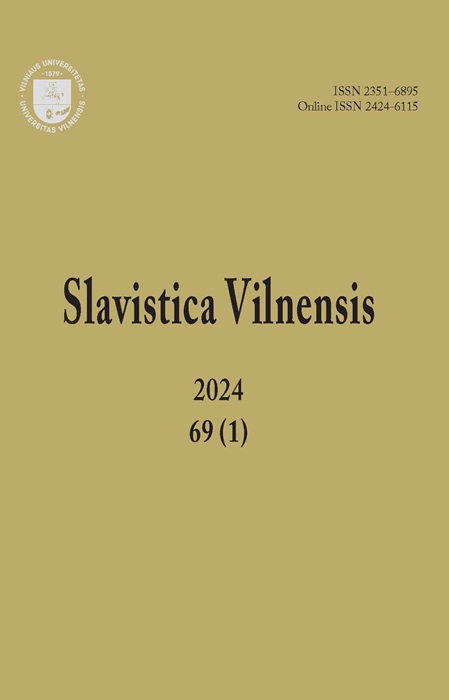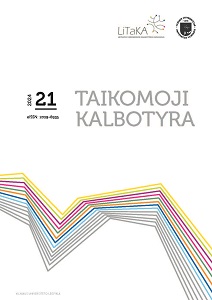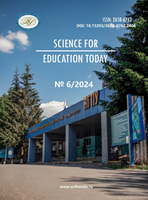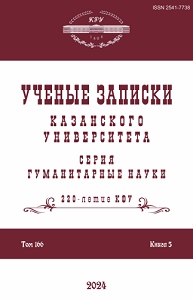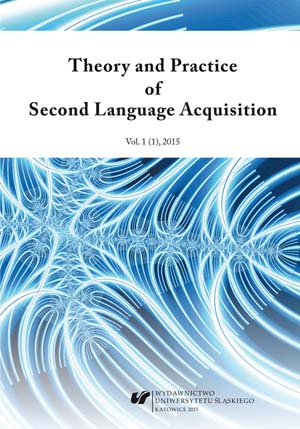
The Acquisition at the Interface of Ditransitive Constructions in Mandarin Chinese by French Adult Learners
The semantically fine-grained ditransitive constructions in Mandarin Chinese show complex interaction between lexical semantics, constructional semantics, and syntactic frames. This study examines the acquisition process of the syntax as well as the semantics of these constructions by launching two experiments with French learners of Chinese. The experiment results reveal a ‘syntax-before-semantics’ learning process and the important role of input in implicit learning.
More...
